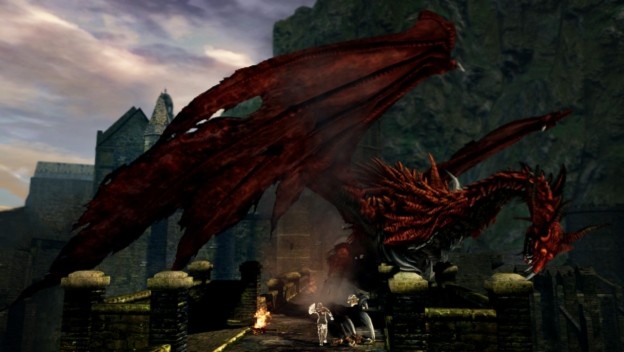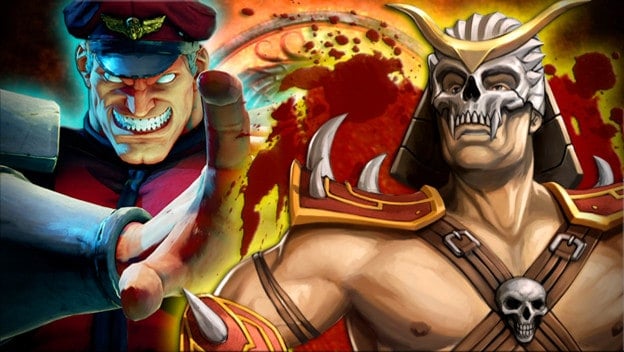A thought struck me while playing a game by the name of Tower 57 : “Is it reasonable to have a boss fight that is – for all intents and purposes – unbeatable the first time you try it?” This came right after my character was vaporized in approximately a nanosecond by a laser beam attack that came out of nowhere.
To clarify: when I define a boss as “unbeatable”, I don’t mean that in the most literal sense. Obviously, unwinnable scripted fights are a thing, but those are fights that you technically can’t win. What I’m talking about are the fights that are theoretically possible to beat on your first run, but you’d have to be some sort of time traveler or mind reader to do it. Think of the days when arcades were young and consoles had not yet taken hold. Back in those days, you would encounter absolutely brutal bosses. Street Fighter ‘s M. Bison and Mortal Kombat ‘s Shao Kahn were beasts that required the utmost skill or a ton of quarters, because back then it was about artificial difficulty spikes to keep things profitable. While this sort of mindset was understandable then, it does not make as much sense now.
Now, Tower 57 and its spontaneous death beam were what brought this question to mind, but for the purposes of this article, let’s consider another example: Dark Souls . Renowned for its incredible world, engaging gameplay, and – perhaps above all else – its difficulty, countless bosses from across the franchise (including Demon’s Souls and Bloodborne ) are well-known, even by gamers who have never touched From Software’s games. A large part of what makes them so iconic is that they carefully balance punishing difficulty and mechanical fairness to create a fight that largely pushes luck out of the way in favor of raw skill.
Despite this, I don’t think that it would be unfair to argue that – in the vast majority of circumstances – many Soulsborne bosses are effectively impossible to beat on your first try; regardless of series experience. This comes down to what ultimately makes or breaks one’s fights in these games: pattern memorization. Knowing when a foe will use a certain attack, follow through, or even defend makes all the difference, even in the simplest of fights. In select cases, I think that it’s perfectly reasonable to expect the player to figure these out on their first try. For instance, if an enemy has wide, slow swings, players only need knowledge of their character’s limitations to be able to run in, attack, and dodge out of the way before they get splattered by a club/mace/other obscenely large object.

However, this is frequently not the case, as many foes have special attacks, traits, or other abilities, which are almost guaranteed to completely blindside any newcomers. How many people facing Dragon Slayer Ornstein and Executioner Smough for the first time knew that killing the latter would turn the former into a superfast zappy boi? Who knew that that one dragon in Dark Souls (not exactly a boss per se, but still) would turn you to charcoal simply for daring to not cross its bridge properly? If any of you reading this just put your hands up: 1. Did you gain that knowledge from an external source (e.g. walkthrough, friend, livestream, etc.) first, and 2. Why are you flailing your arms at the screen? Stop that.
These sorts of boss fights are all over the place, and don’t get me wrong: I find it incredibly satisfying to finally pick out a boss’ weakness, exploit it, and emerge victorious based solely on my own deduction and skill. That being said, I can’t help but wonder if it’s flawed game design to include bosses that are practically guaranteed to crush the player on their first go-around, regardless of how much time they’ve spent mastering the game’s mechanics. I want games to challenge me, make me think, and encourage me to look beyond the surface to succeed; I just don’t know if it should come at the cost of invalidating everyone’s first attempts.
